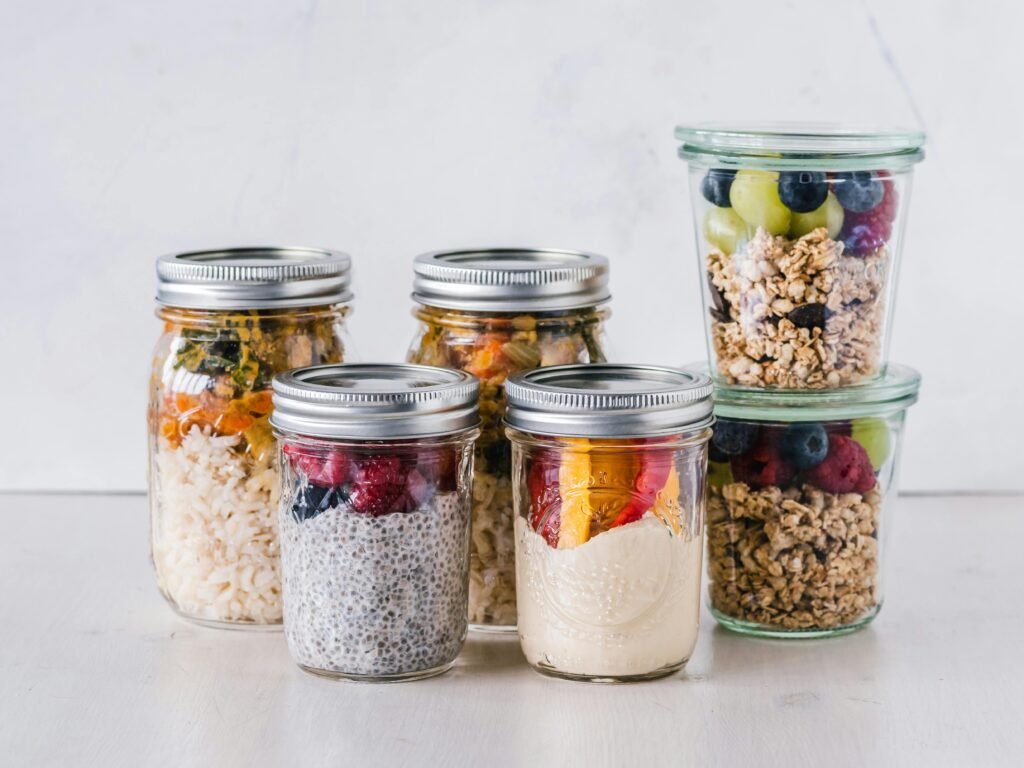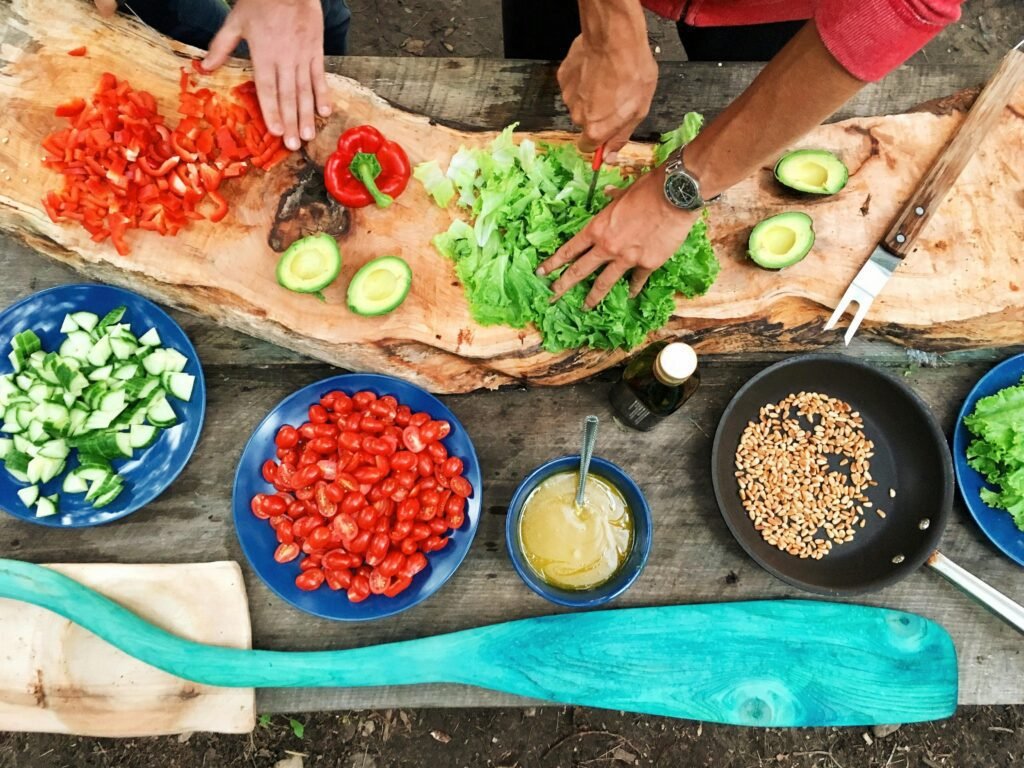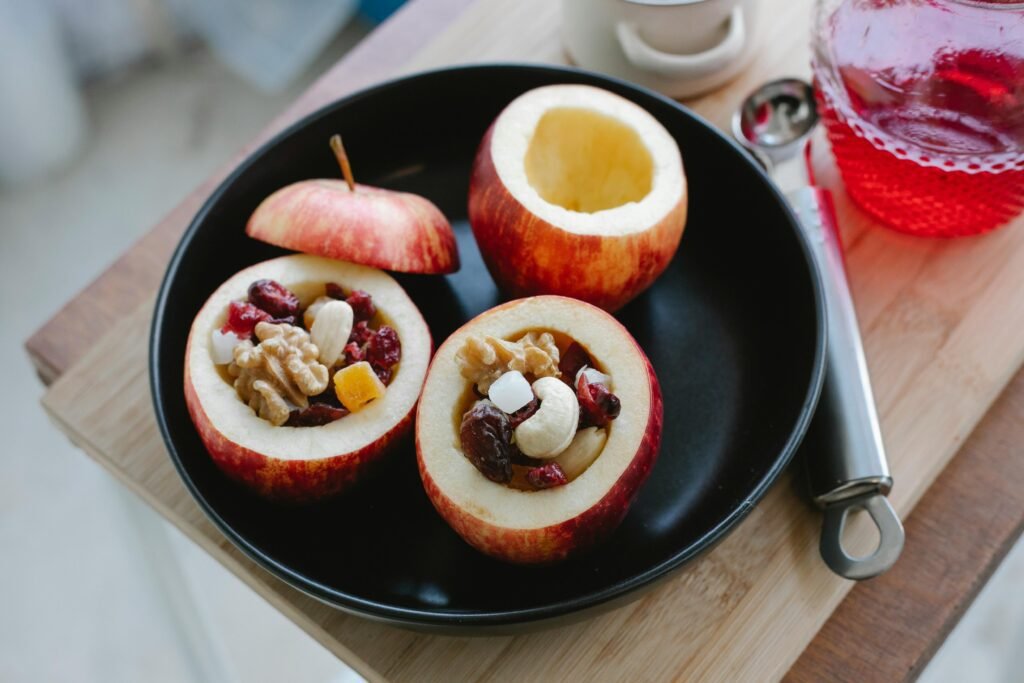In today’s fast-paced world, keeping a nutritious diet can be difficult, especially when juggling job, family, and social obligations. However, with careful meal planning and preparation, it is absolutely possible to eat nutritious meals all week without spending hours in the kitchen every day. This post delves into ten crucial meal prep strategies to help you streamline your cooking process, save time, and promote healthy eating habits.
Effective meal preparing is around balancing nutrition and convenience. By setting aside a few hours each week to plan and prepare your meals, you can not only save time during hectic weekdays, but also ensure that you are eating healthier foods.

- Plan Your Meals Effectively
The first step in good meal planning is to establish specific nutritional needs and preferences. Understanding your nutritional goals will help you plan your meals, whether you want to eat more veggies, eat less processed foods, or stay inside a certain calorie range.
Creating a weekly menu is essential for maintaining diversity and balance in your meals. Include a variety of proteins, nutritious grains, and veggies to give critical nutrients while keeping your meals interesting. Once you’ve decided on a menu, create a complete shopping list divided by categories like fruit, proteins, grains, and pantry essentials to make grocery shopping easier.
- Choose the Right Recipes
When selecting meal prep recipes, prioritize simplicity and nutrition. Look for dishes that are simple to make in quantity and can be kept and reheated without losing flavor or texture. Incorporating a range of flavors and textures will assist to keep mealtimes interesting and make you look forward to your pre-prepared meals.
- Organize Your Kitchen and Tools
The correct tools and an organized kitchen space are essential for efficient meal preparation. Invest in high-quality cooking gear including sharp knives, sturdy cutting boards, and a variety of microwave and freezer-safe storage containers. Optimal storage methods ensure that your prepared meals remain fresh and nutritious throughout the week.
- Prep Ingredients Ahead of Time

Consider batch cooking staple ingredients like grains, meats, and sauces to speed up your weeknight meals. Cook in large batches and portion into individual containers for quick and easy assembling afterward. Precutting vegetables and fruits minimizes prep time and allows for easy meal modification.
- Utilize Time-Saving Techniques
One-pot meals and sheet pan dinners are fantastic ways to reduce cleanup and preparation time. These dishes allow you to mix and cook ingredients together, saving you time and effort. Furthermore, freezing meals ahead of time can help them last longer while retaining their flavor and nutritional value.
- Portion Control and Balanced Nutrition
Effective meal preparation entails portioning meals based on your nutritional needs and goals. Use portion-controlled containers to control calorie consumption and maintain balanced nutrition throughout the week. Include a variety of proteins, healthy fats, and carbohydrates in your meals to sustain energy and promote overall health.
- Incorporate Healthy Snacks

Preparing nutritious snacks in advance is critical for avoiding poor eating patterns during the day. Choose portable choices like pre-cut vegetables with hummus, fruit and nut mixes, or yogurt parfaits that are easy to grab and eat on the go. These snacks offer nutritional alternatives to convenience foods.
- Stay Organized with Meal Labels
Labeling your prepared meals with dates and contents allows you to keep organized and track freshness. Rotate meals carefully to avoid boredom and guarantee that you’re getting a range of nutrients throughout the week. This structure also reduces food waste and enables more effective meal planning in the future.
- Stay Motivated and Flexible
Tracking your meal prep success, such as meeting nutritional goals or testing new recipes, keeps you motivated and dedicated to eating healthier. Be willing to change your meal plans depending on feedback and preferences, allowing you more flexibility in your food selection and cooking methods.
- Reward Yourself
Finally, congratulate yourself on your successful meal preparation. Whether you’ve followed your meal plan for a week, tried a new recipe, or accomplished a health milestone, take a moment to recognize your accomplishments. Reward yourself with something nice, such as a relaxed evening or a modest treat, to keep your motivation and excitement for meal planning.
To summarize, mastering the art of food preparation not only saves time and money, but also improves your entire health and well-being. By following these ten crucial meal prep tips—from effective planning and dish selection to remaining organized and recognizing successes—you can change your eating habits and make healthier choices a natural part of your daily routine. Start small, stay consistent, and get the advantages of healthier eating all week. Happy food preparation!








